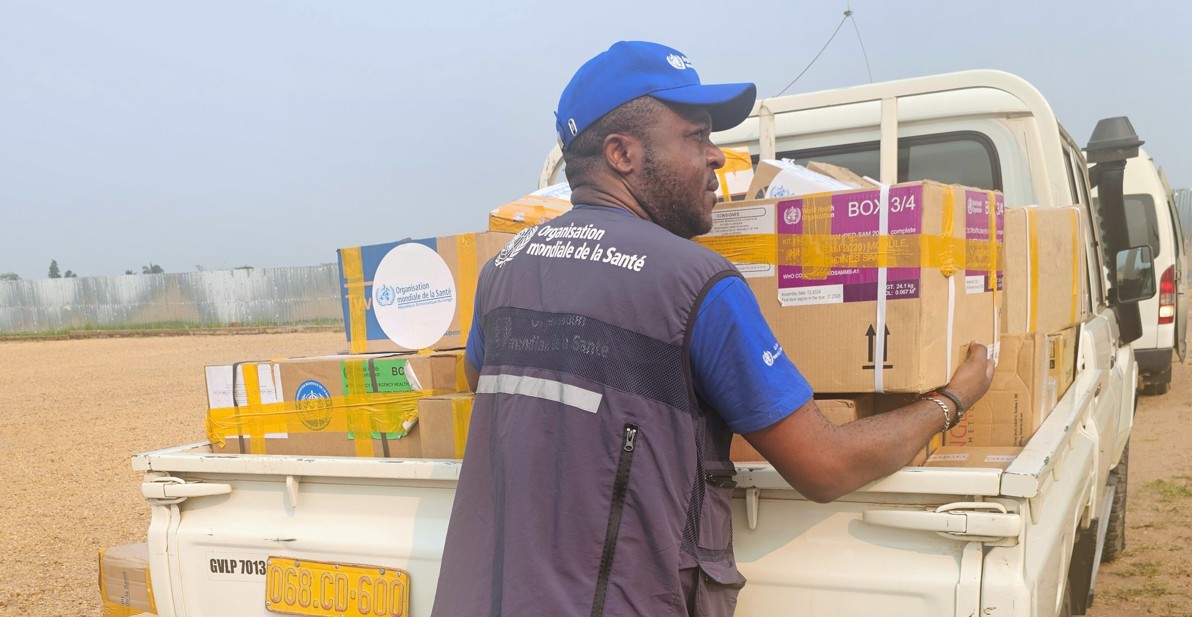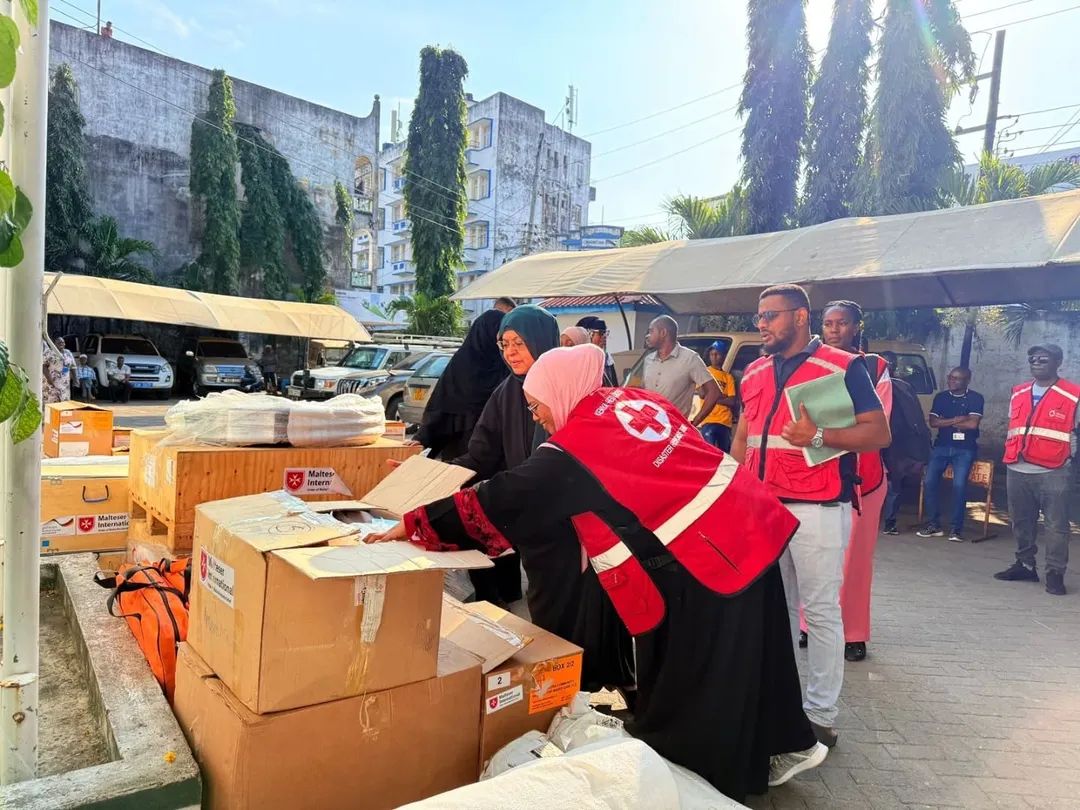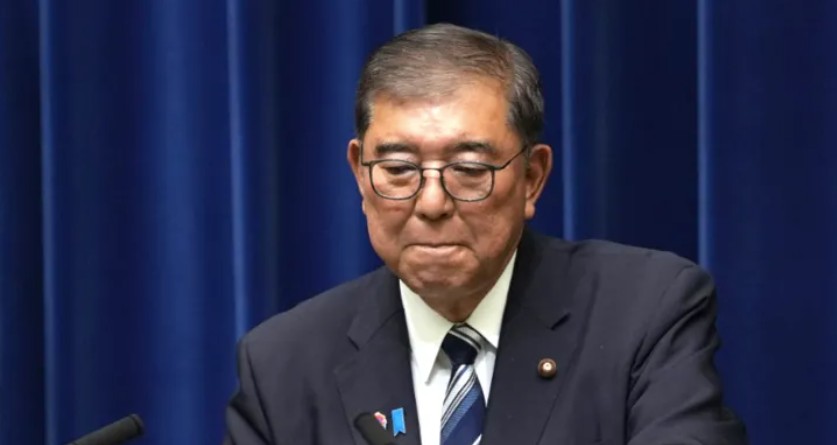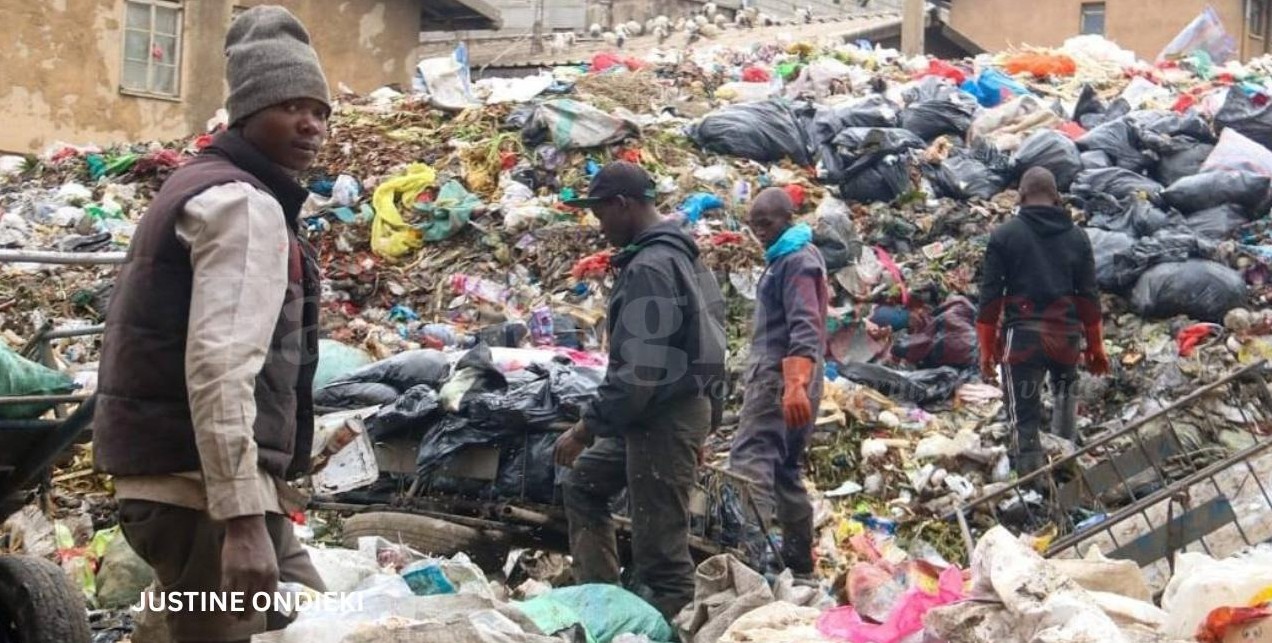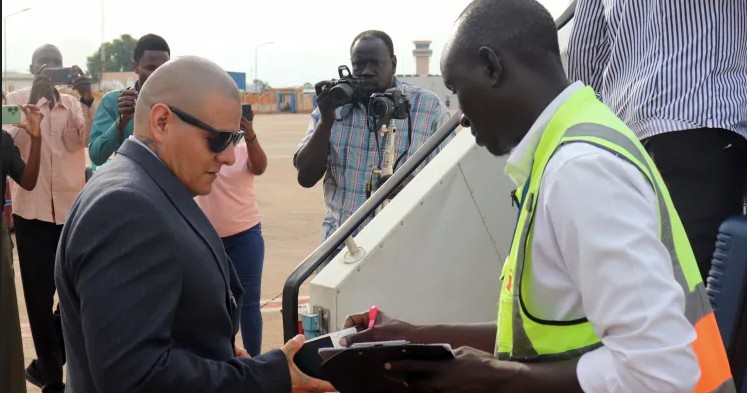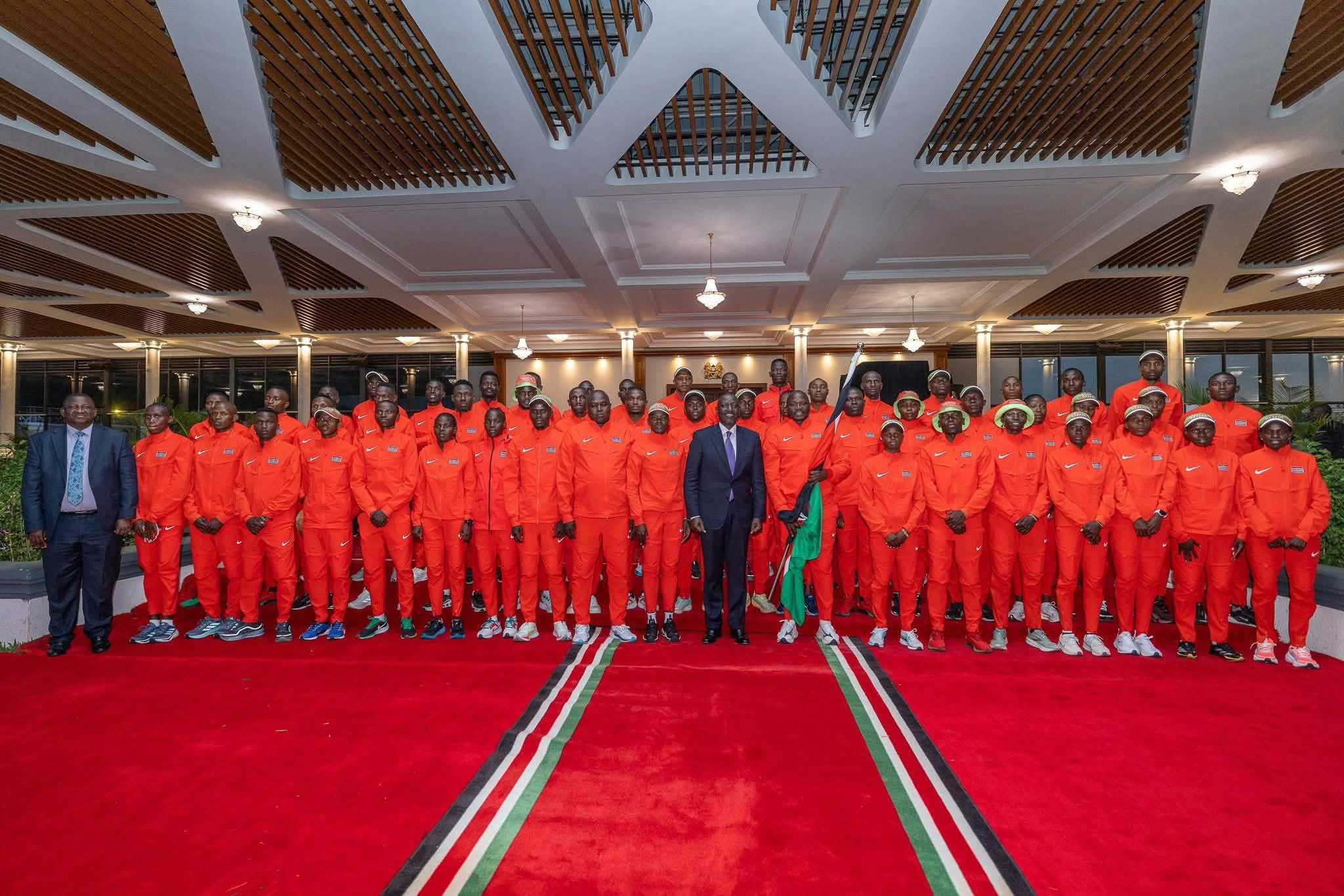Kenya, Ethiopia to boost cooperation on renewable energy, climate finance as Ruto attends Africa climate summit
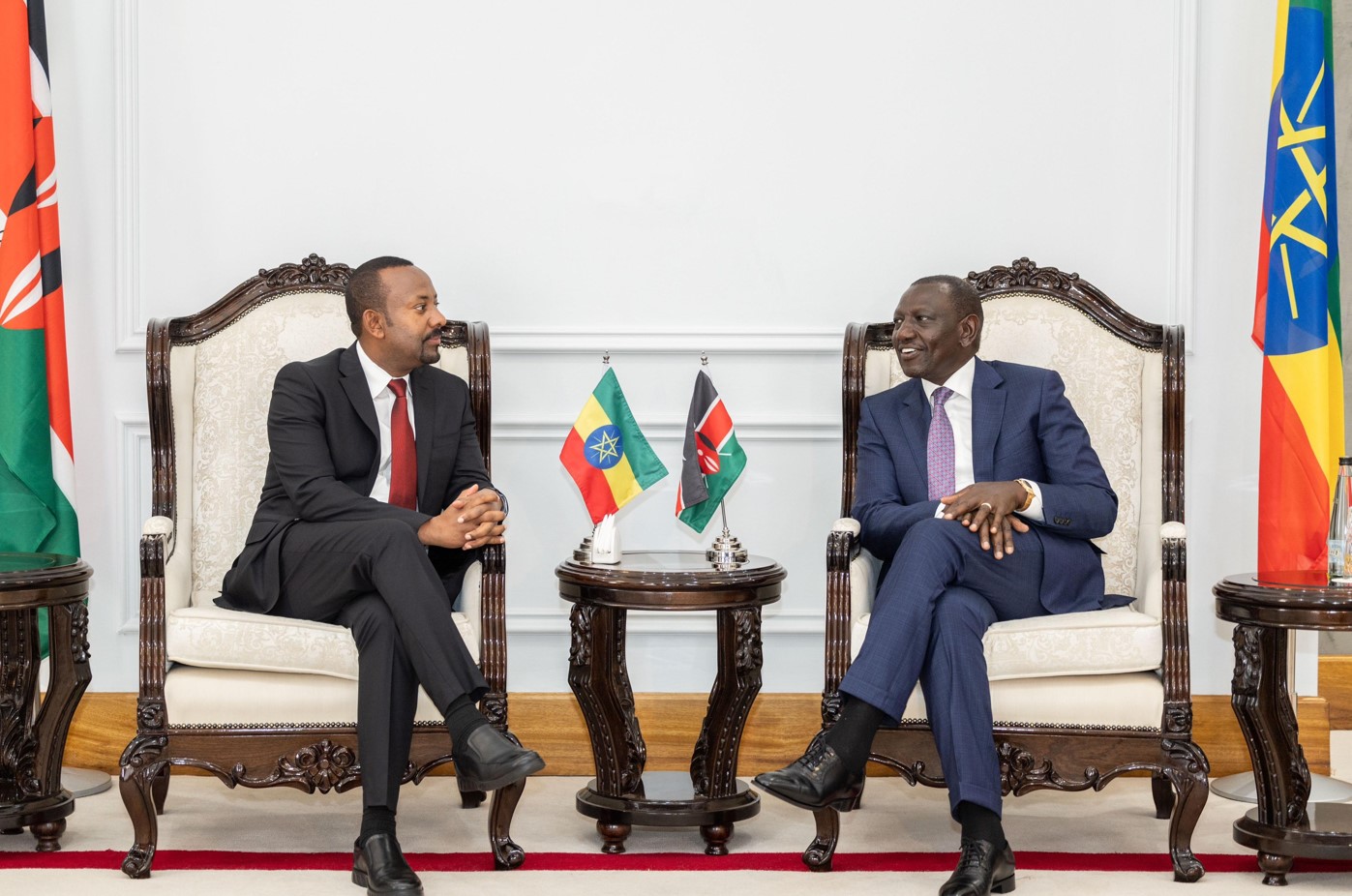
Ruto is expected to launch the report “From Nairobi to Addis Ababa: Africa’s Journey of Climate Action and Partnership,” which reviews progress since the first Africa Climate Summit in Nairobi in 2023.
Kenya and Ethiopia are set to expand cooperation in renewable energy and climate finance as President William Ruto joins African leaders in Addis Ababa for the second Africa Climate Summit, a gathering aimed at advancing the continent’s green growth agenda.
Ruto, who departed from the country on Sunday, is expected to launch the report “From Nairobi to Addis Ababa: Africa’s Journey of Climate Action and Partnership,” which reviews progress since the first Africa Climate Summit in Nairobi in 2023, assesses current realities and maps future pathways.
More To Read
- Should governments pay businesses for climate disasters? Researchers unpack huge lawsuits in South Africa
- Africa Climate Summit 2025: Addis Ababa faces pressure to deliver on Nairobi Declaration pledges
- Africa’s top climate change challenges: A fairer deal on phasing out fossil fuels and mobilising funds
- New study warns the world is running out of time to avoid the worst impacts of climate change
- UN’s Guterres declares fossil fuel era fading; presses nations for new climate plans before COP30 summit
- "Existential threat": Ruto calls for joint global action on climate change
In a statement, State House spokesperson Hussein Mohamed said Ruto will also witness the signing of the Cooperation Framework for the Africa Green Industrialisation Initiative (AGII). According to Hussein, the framework aims to help African countries work together, provide funding and technical support for green projects, attract investment, focus on renewable energy and green infrastructure and speed up projects that are ready for financing.
“The framework brings together African governments, financiers, the African Continental Free Trade Area Secretariat and private sector actors. It will coordinate financial and technical support, mobilise investment, and align with key priorities such as the Accelerated Partnership for Renewables in Africa, AfCFTA, and the Alliance for Green Infrastructure in Africa. A Joint Project Preparation Facility, backed by financial institutions, will fast-track bankable green projects,” he said.
As chair of the Committee of African Heads of State and Government on Climate Change (CAHOSCC), President Ruto will also advocate for fair resource valuation, equitable carbon pricing and financial reforms to ease debt and climate risks. He will also engage in climate finance talks to unlock investment and amplify Africa’s role in shaping global reforms.
Beyond the summit, Ruto will address the Africa-CARICOM Summit on reparatory justice, debt sustainability, and transcontinental cooperation. He is also scheduled for bilateral meetings aimed at strengthening ties, expanding trade and advancing joint action on global challenges.
Meanwhile, President Ruto will be the chief guest at the inauguration of the Grand Ethiopian Renaissance Dam (GERD), a symbol of Africa’s self-reliance and a milestone for Ethiopia. It is Africa’s largest hydroelectric project, that seeks to significantly expand Ethiopia’s electricity capacity and generate substantial revenue for the country.
Hussein noted that with peak electricity demand in Kenya now above 2,392MW and continuing to rise, the additional capacity is crucial for powering special economic zones, industrial parks, ICT hubs and agro-processing activities.
“For Kenya, the Ethiopia-Kenya power interconnector already delivers clean, affordable electricity that strengthens energy security, stabilises supply during droughts, and supports industrial growth. Together with the Kenya-Tanzania interconnector, these regional links enhance power trade, improve grid stability and advance East Africa’s integration through shared renewable energy,” Hussein said.
“The partnership directly supports Vision 2030 and the Bottom-Up Economic Transformation Agenda by expanding renewable energy, boosting competitiveness, empowering communities, and deepening regional integration.”
The $4 billion project (Sh518 billion), launched in 2011, spans 1.8 kilometres in width and rises 145 metres high. Located on the Blue Nile, about 30 kilometres from the Sudanese border, the dam is expected to produce 5,000MW, nearly double Ethiopia’s current electricity output.
Ethiopia’s Prime Minister Abiy Ahmed said the dam could earn the country around $1 billion (Sh129.5 billion) annually, with proceeds earmarked for other development projects.
He also signalled plans for more large-scale initiatives, adding that the government aims to continue building similar infrastructure over the next decade and beyond.
Despite its economic promise, the project has heightened tensions with neighbouring countries, particularly Egypt, which has raised concerns over water rights and regional impacts.
Nearly half of Ethiopia’s population still lacks access to electricity, making the GERD a critical step toward broader energy access, industrial growth and regional integration through power trade.
Top Stories Today
